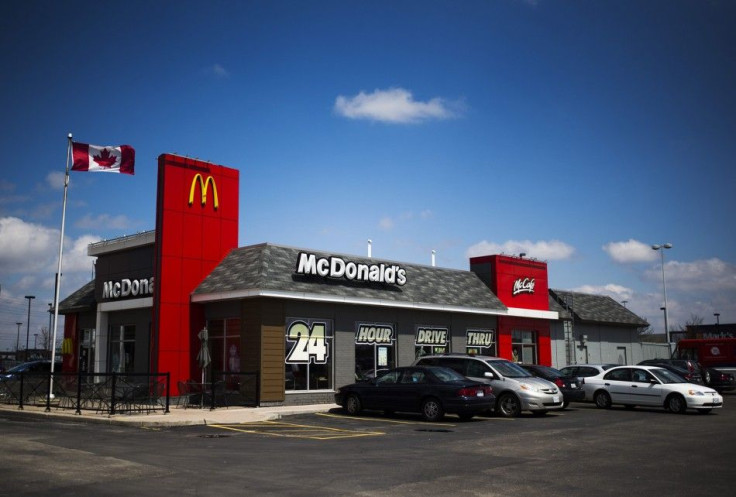McDonald’s to make a call on creating real estate trust with its US holdings

Leading U.S. restaurant chain McDonald's will soon take a decision on what to do with its real estate holdings. There have been calls by shareholders to spin off its U.S. property assets into a real estate investment trust (REIT). According to board member, Miles D. White, the company will soon make a call on its vast U.S. real-estate holdings.
“We have had a lot of review and a lot of debate,” he said in an interview. White heads the corporate-governance committee on McDonald’s board.
McDonald’s owns properties wherever it operates outlets, but slumping sales have prodded many investors to call for the assets to be pooled into a trust for the larger benefit of shareholders, the Wall Street Journal reports. With consumers favouring fast-casual chains like Chipotle Mexican Grill, McDonald's eroding customer base has seen the fastfood giant under new CEO Steve Easterbrook mull action on real estate as part of a broader restructuring plan, reports Investors News.
In May, Easterbrook said McDonald's would examine "all opportunities" and look at spinning off real estate assets into a REIT structure - not an uncommon move for many companies, with similar demands made on MGM Resorts International. Sears also spun off its property into Seritage Growth Properties.
REITs offer individual investors acccess to assets that are normally out of their reach, such as large-scale commercial properties.
Monster Menu
Meanwhile, McDonald’s has started the test sales of its Monster brand of energy drinks in 20 locations spread across five states in the U.S., the Wall Street Journal reports, including outlets in Florida, Georgia, Illinois, Michigan and Ohio. However, the fast food giant has not divulged plans on whether it would expand Monster sales to other outlets. McDonald’s sells 16-oz. cans of Monster for US$2.29 and two cans for US$4 at its test sites.
McDonald’s testing of Monster drinks began in the aftermath of Coke buying a 16.7 percent stake in Monster over the summer. Coca-Cola has a half century long association with McDonald’s, being its trusted beverage supplier since 1955.
Coca-Cola has been trying to move away from soda sales following its decline in the U.S. market, where energy drinks are on the ascendant. Robert Ottenstein, a beverage analyst at Evercore ISI, said that “McDonald’s long-standing relationship with [Coke] suggests a strong endorsement from [Coke] and the possibility of spreading.” Therefore, it is likely that Monster may be sold at other fast-food restaurants as well.
As of late, McDonald’s has been working hard to reverse its downturn with a slew of initiatives. They recently introduced a kale burger, which was endorsed by actor James Franco, all-day breakfast and a documentary for school children that promotes McDonald’s as a weight-loss tool.
For feedback/comments, contact the writer at feedback@ibtimes.com.au or let us know what you think below.





















